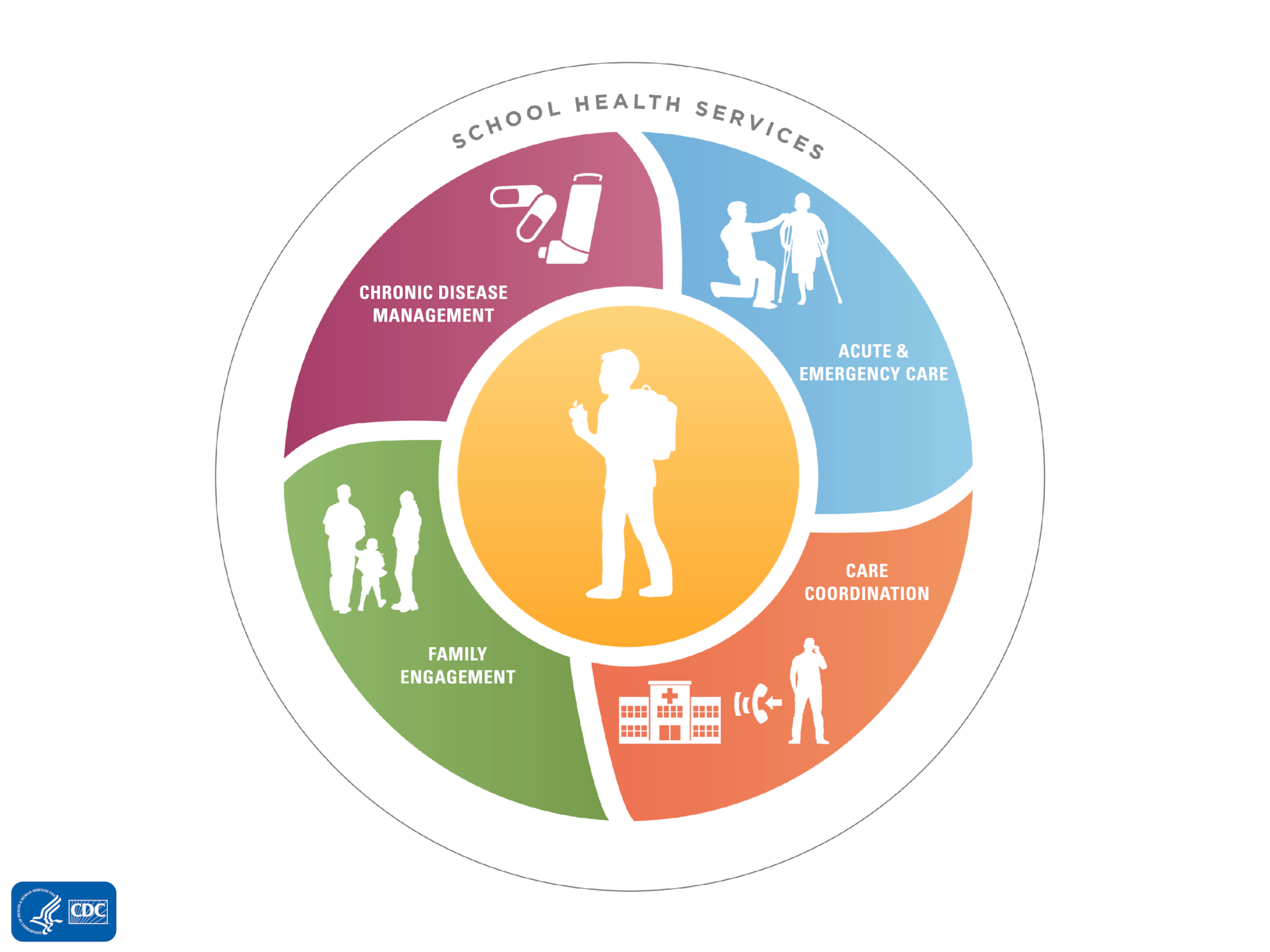
Proactive Wellness: Embracing Preventive Health Education
Proactive wellness through preventive health education is a transformative approach to personal well-being. In this article, we delve into the significance of preventive health education and how it empowers individuals to take charge of their health for a better future.
Understanding Preventive Health Education
Preventive health education is centered around informing individuals about proactive measures they can take to maintain good health and prevent potential illnesses. It involves empowering people with the knowledge and skills needed to make informed lifestyle choices that contribute to overall well-being.
Holistic Health Education: Beyond Symptom Management
Unlike reactive approaches that focus on treating symptoms after they occur, preventive health education takes a holistic view. It addresses factors such as nutrition, physical activity, stress management, and early detection screenings to enhance overall health and prevent the onset of diseases.
Nutrition and Dietary Choices: Foundation for Wellness
A fundamental aspect of preventive health education is understanding the role of nutrition in overall health. Education in this area informs individuals about making balanced dietary choices, incorporating essential nutrients, and maintaining a healthy weight. This knowledge contributes to long-term wellness.
Physical Activity and Exercise: Building a Strong Foundation
An active lifestyle is a key component of preventive health. Education encourages individuals to engage in regular physical activity and exercise, promoting cardiovascular health, muscular strength, and flexibility. These practices contribute to preventing chronic conditions and enhancing overall vitality.
Stress Management Techniques: Mitigating Health Risks
Preventive health education emphasizes the importance of stress management. Chronic stress can lead to various health issues, so learning effective stress reduction techniques is crucial. Techniques such as meditation, deep breathing, and mindfulness empower individuals to mitigate the impact of stress on their health.
Regular Health Check-ups: Early Detection Saves Lives
Preventive health education advocates for regular health check-ups and screenings. Early detection of potential health issues allows for timely intervention and improved outcomes. Understanding the importance of routine screenings encourages individuals to prioritize their health through preventive measures.
Lifestyle Choices: Impact on Chronic Diseases
Preventive health education sheds light on the connection between lifestyle choices and chronic diseases. It educates individuals about the risks associated with habits like smoking, excessive alcohol consumption, and poor sleep. Making informed choices empowers individuals to reduce their risk of chronic conditions.
Health Literacy: Empowering Informed Decision-Making
Promoting health literacy is a key goal of preventive health education. When individuals are equipped with the knowledge to understand health information, they can make informed decisions about their well-being. Health-literate individuals are more likely to engage in preventive practices and seek timely medical care.
Community Engagement: Fostering a Culture of Wellness
Preventive health education extends beyond individual actions to community engagement. Initiatives that foster a culture of wellness at the community level contribute to widespread health improvement. Education and collaboration within communities create an environment that supports preventive health practices.
Resources for Preventive Health Education
For a wealth of resources and articles on preventive health education, visit Studentals.net. Explore a range of topics, tips, and expert advice to empower yourself with knowledge and take proactive steps toward a healthier and more fulfilling life.
In conclusion, embracing preventive health education is a proactive and transformative approach to personal well-being. By understanding the principles of holistic health, making informed lifestyle choices, and engaging with community initiatives, individuals can pave the way for a healthier and more resilient future.

